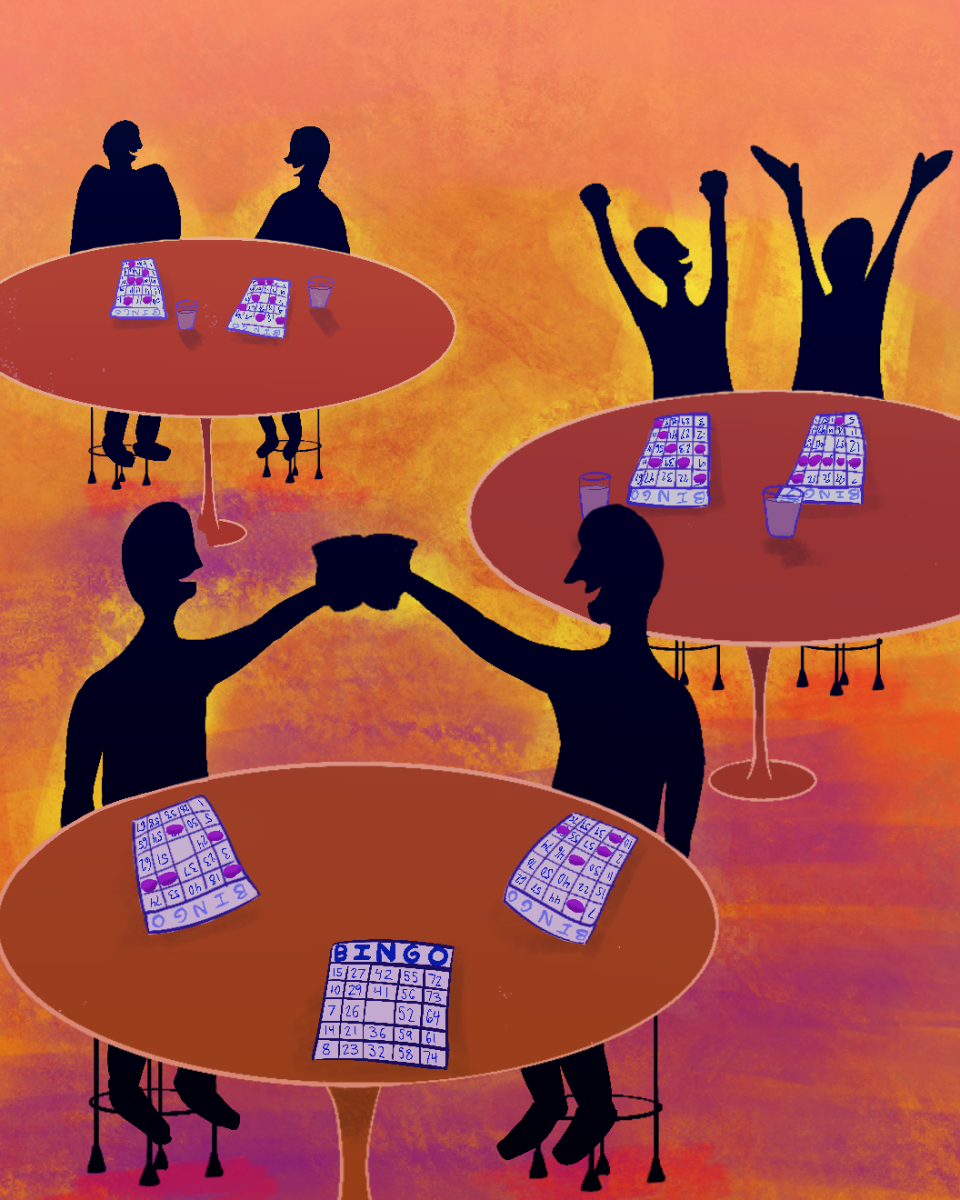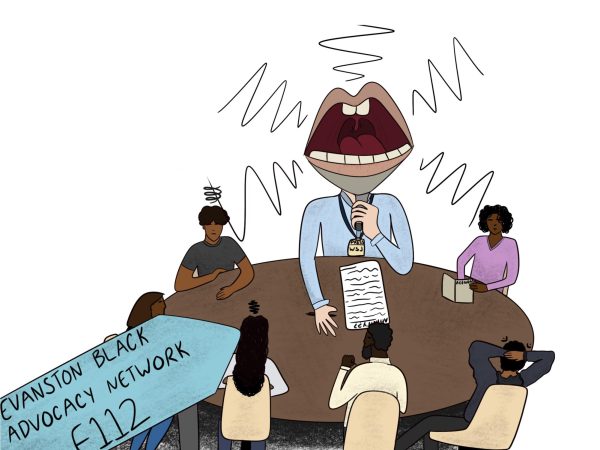Microaggressions make impacts
December 16, 2016
Know the meaning of your words.
Some things you say may seem neutral to you but these things are, in fact, hurtful and feed negative stereotypes.
Microaggressions often seem like they would be a compliment or even just a passing statement. But certain things are inherently offensive and we have to recognize that. Before you say, “People are just too sensitive” or “I don’t have time to think that much about what I’m gonna say,” let me tell you how your words may be harmful. Then I’ll address those concerns.
The word “minority” is a good example. The word is not correct in addressing marginalized people because it implies something about them being lesser, and in most cases it’s not even an accurate description of the demographics of many places.
Even the word “female” in certain contexts can be demeaning. Bear with me–I have gotten some strange looks for arguing about this before. I don’t mean that “female” in a scientific or biological context is demeaning. But when people say things like, “Females are always doing that” or “I’ll never understand you females” or anything of that nature, it’s reducing people to their most basic identifiers, and it also makes women seem like they’re another species. Plus it’s disregarding the fact that not all women are females.
It’s common to hear victim-blaming microaggressions, too. For example, “I can’t believe she let him treat her like that” is not the sympathetic statement you think it is. Rather than condemning the person who acted cruelly, you’re condemning the person who survived the cruelty. There’s not always a way out for a person in a dangerous or abusive situation. That phrase implies that there was something they could have done but for some strange reason didn’t do. You’re blaming the wrong person.
Then there are things like “You do [blank] well for being [blank].” This was very clear in the school’s campaign a few years back that raised awareness for microaggressions. One example was “You dress well for a black girl.” I’ve also seen “You’re way nicer than most Indian girls,” among other things along those lines. If you don’t already, please understand that this is not a compliment. Being called the exception to an offensive and untrue stereotype is not a compliment. It’s suggesting that all people from one background act the same way which is ridiculous.
Now onto your concerns. People are not being too sensitive. And I would also like to add that sensitivity can be a good thing. It makes us empathetic and understanding. And not wanting to be wrongfully stereotyped is not, in fact, being overly sensitive. It may seem difficult to have to think about all these things you can’t say all the time. But practice makes perfect. Make it a habit not to generalize, make it a habit to make sure you’re not incorrectly labeling people or placing blame. Eventually it will come naturally. Contrary to what you may think, it’s easy to act and speak kindly. Would you really rather offend people than just spend a little extra effort to think about what you’re saying? Think about what you want to say and how your words will affect the people you talk to.















